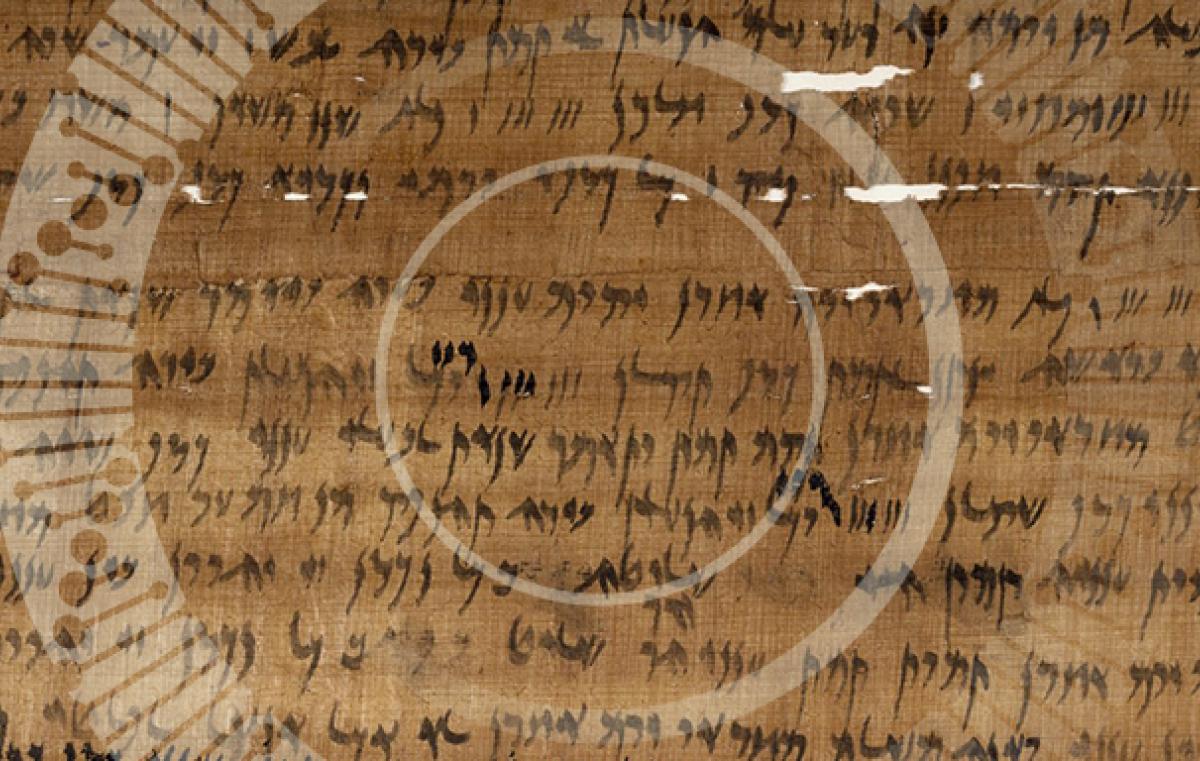Ancient Passover Letters
Papyri found on Egypt’s Elephantine Island document the life and customs of the local Jewish community in antiquity

Ancient papyri found on the Elephantine Island in Egypt document the life, customs and character of the Jewish community that once existed there. In honor of Passover, Prof. Yigal Levin, head of Bar-Ilan University’s Multidisciplinary Department of Jewish Studies, discusses the Jewish community in “Yeb”, and talks about the ancient "Passover Letters" found there.
Yeb, known as "Elephantine," is an island on the Nile River, near Aswan in Upper Egypt on the Sudanese border. Beginning in the late 19th century, scholars began to find ancient papyrus documents, written in Aramaic, from which they understood that Jews lived there during the Persian period, in the 5th-4th centuries BCE. These Jews served in the Persian army and guarded the southern frontier between Egypt and Nubia.
Among the papyri uncovered are letters, legal contracts, and personal documents of community members, including marriage certificates, documents recording the release of slaves, donation lists and more. From these ancient manuscripts, it can be learned that there was a Jewish temple on the island, where the Jews offered sacrifices to the god "Yaho".
In one of the letters, which dates to 419 BCE, the Jews are commanded to do something on the 14th of the Hebrew month of Nisan, and to refrain from eating leavened bread from the 15th of Nisan until the 21st. The letter is fragmented, but there seems to be instructions on how to observe the Passover sacrifice and the Festival of Matzot (Unleavened Bread). In another letter, from the year 407 BCE, the Jews turn to Bagohi, the governor of Judah and to the sons of Sanballat, the governor of Samaria, asking for their help in restoring the temple, which was destroyed by the priests of the Egyptian god Khnum, whose temple stood next to the Jewish temple.
Since Khnum was depicted as a ram, it seems that the sacrifice of sheep and rams in honor of Passover angered the Egyptians, and they took advantage of a revolt that broke out against the Persian government to destroy the Jewish temple. In another letter, the Jews promise that if the temple is restored, they will only sacrifice incense and grain, and not goats and sheep. It is not known when and under what circumstances this community was founded, nor is it known when and under what circumstances it was abandoned. The Jewish community of the Elephantine Island remains one of the great mysteries of ancient Jewish history.